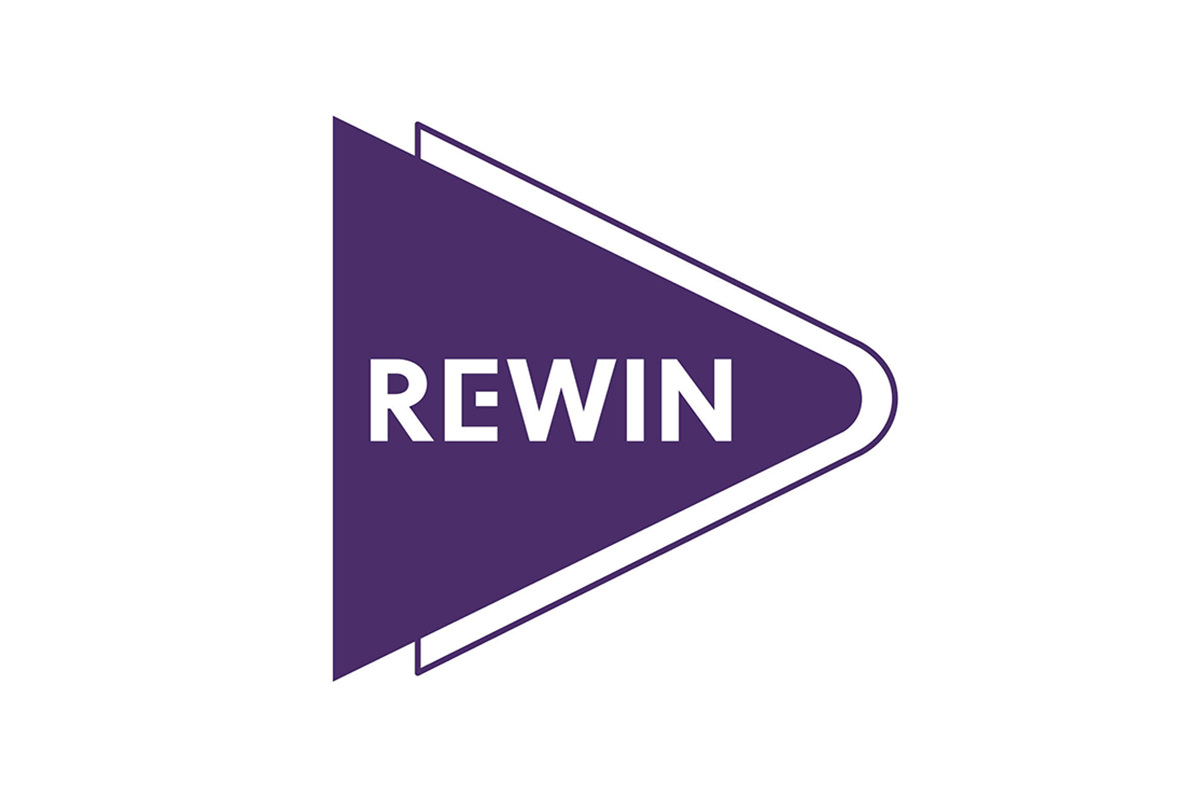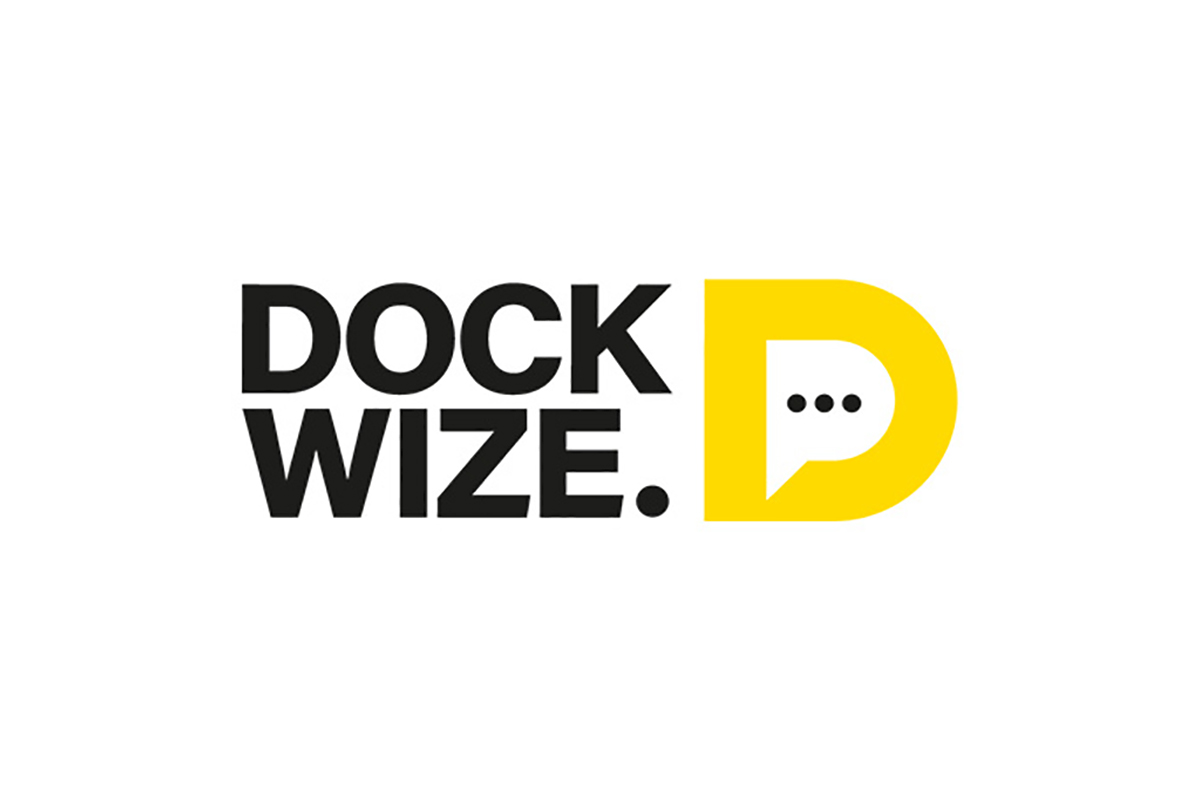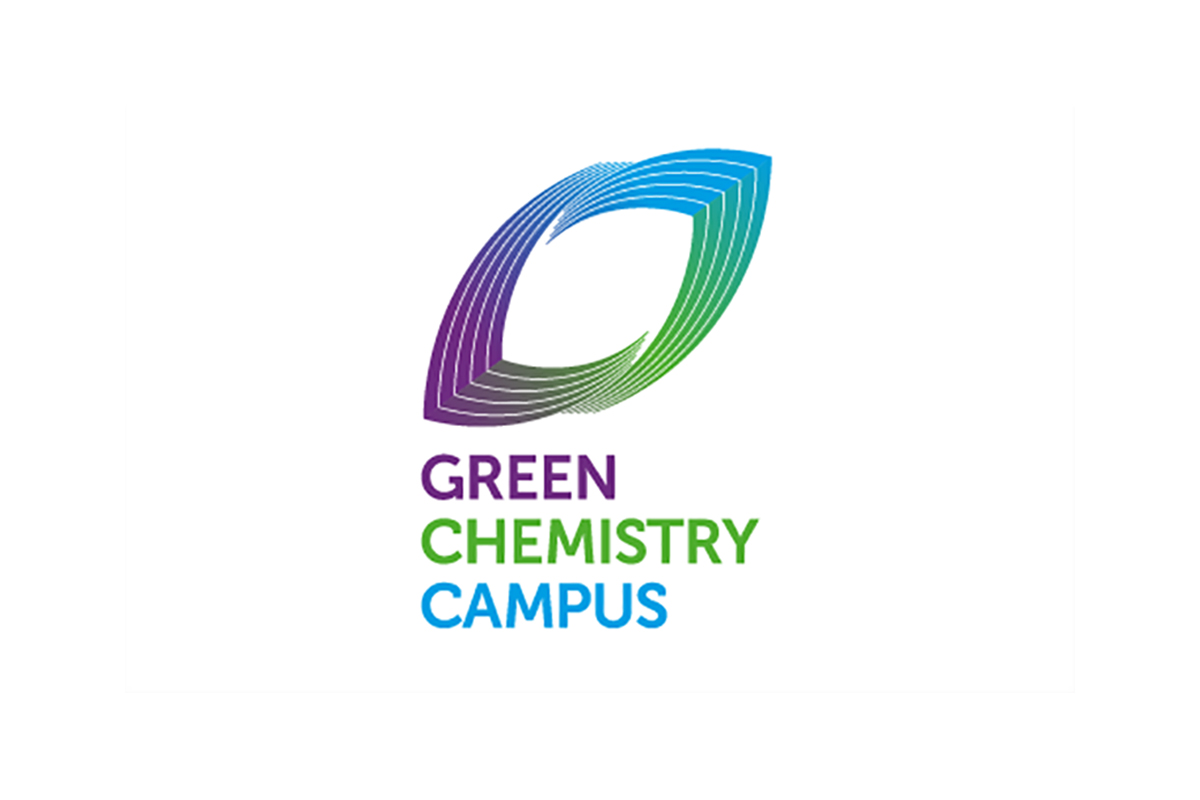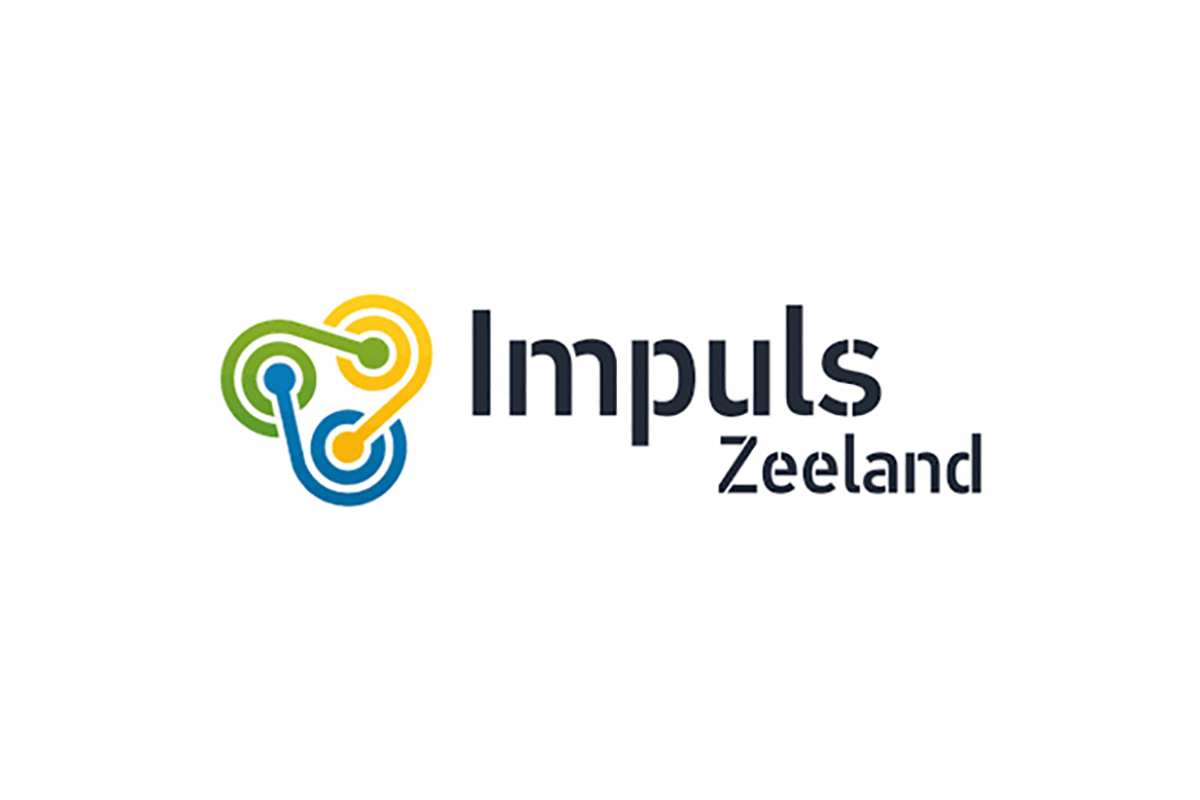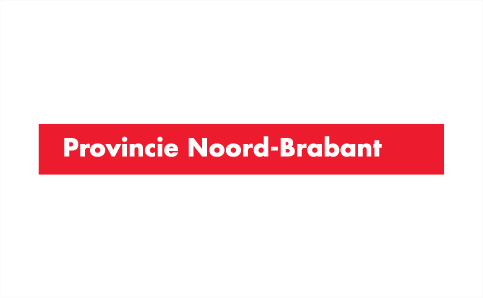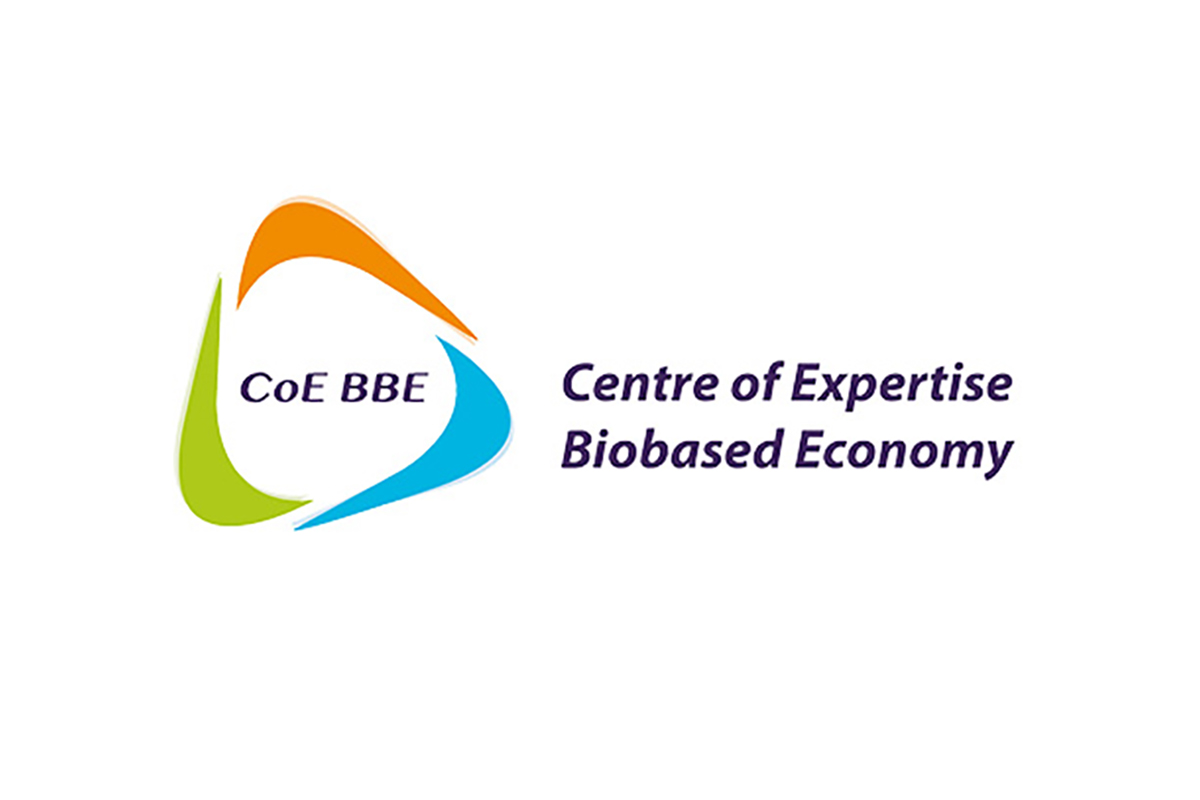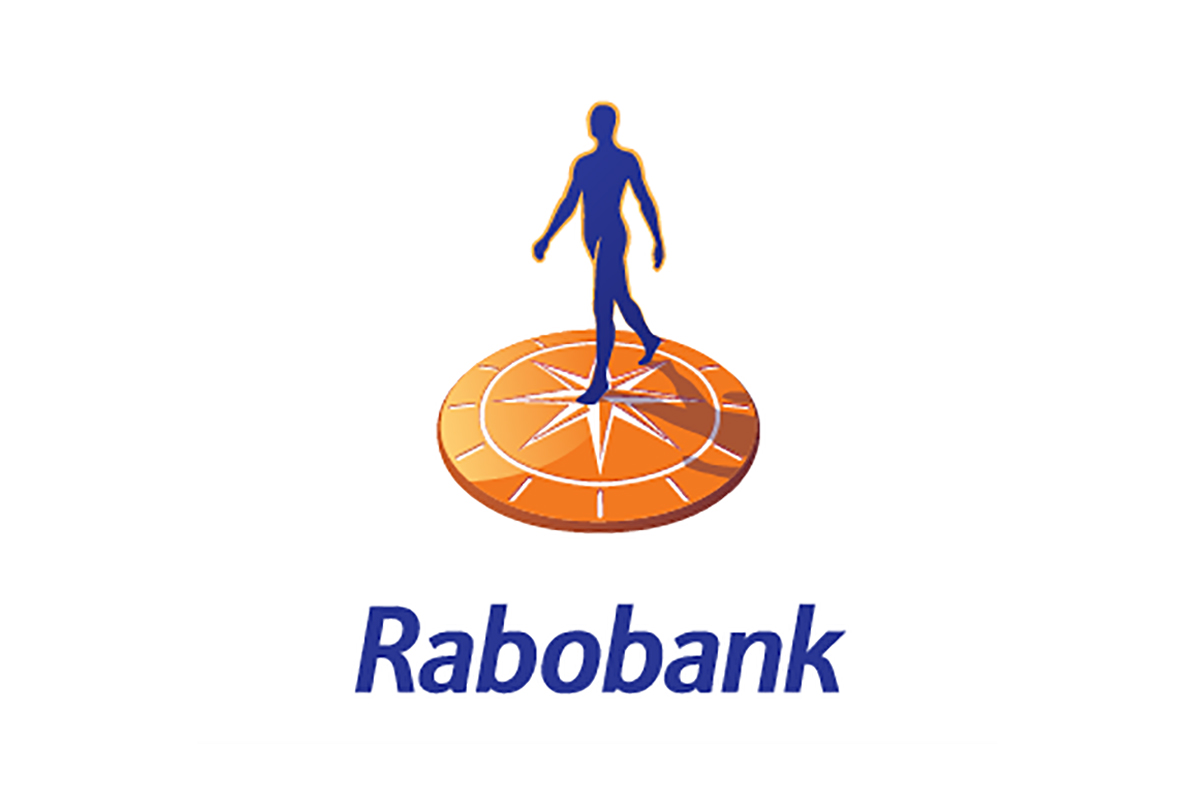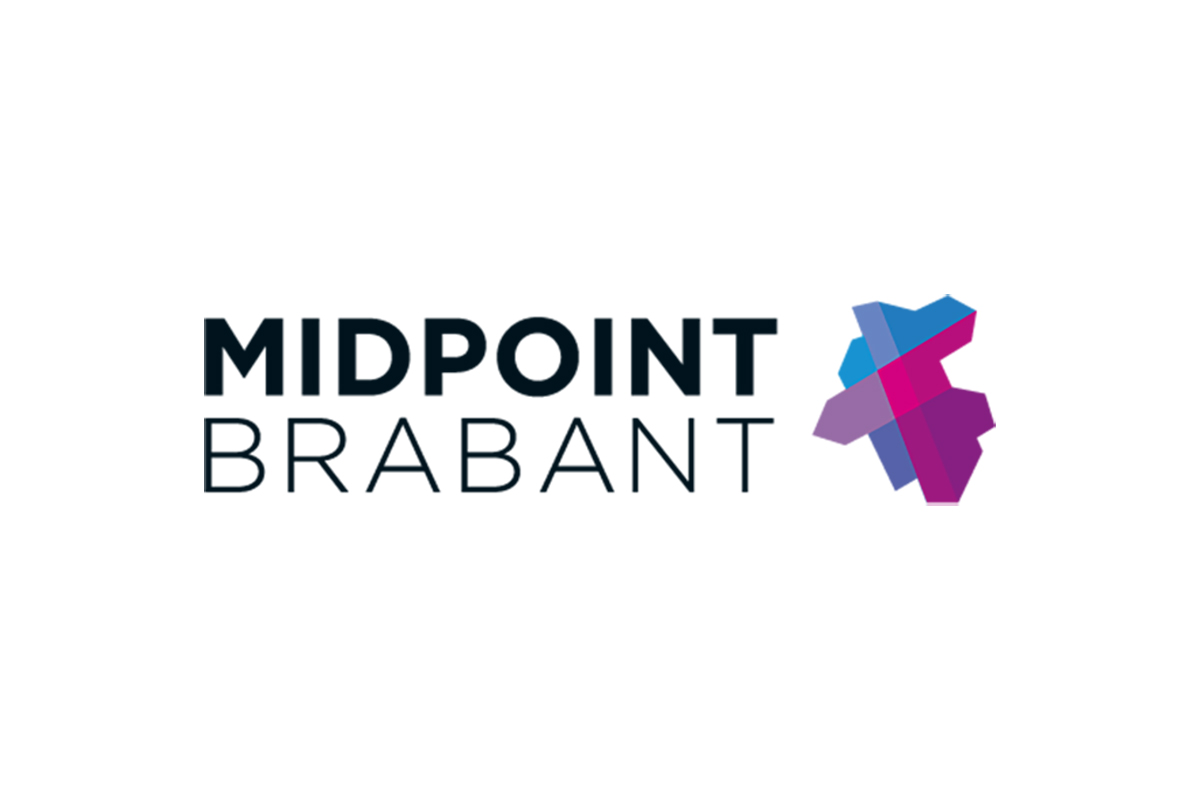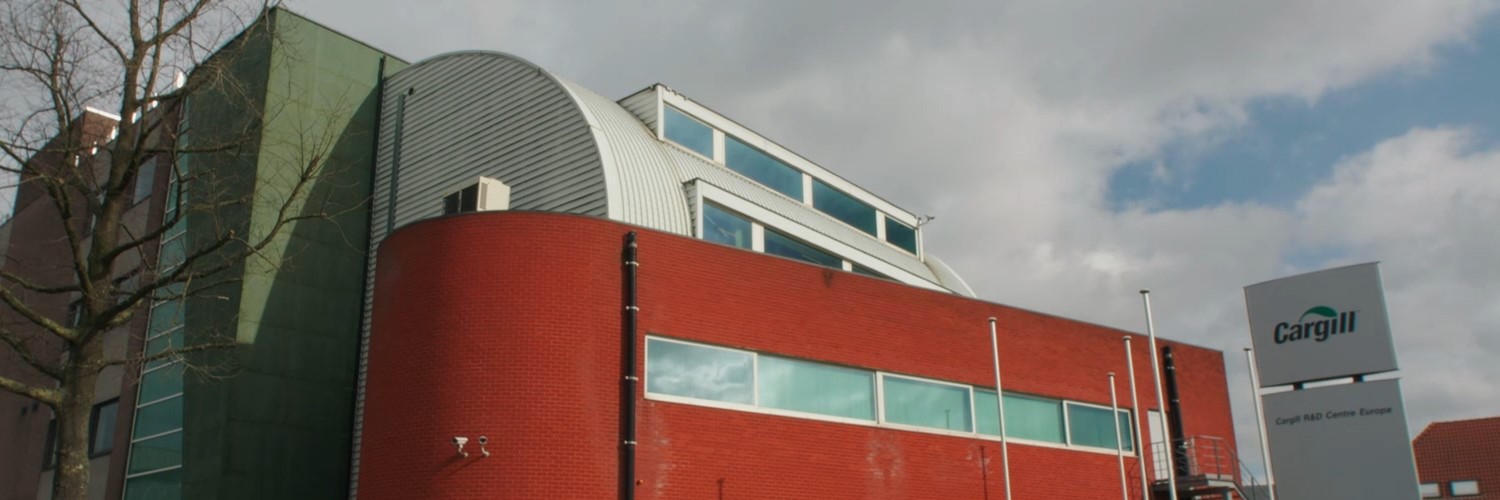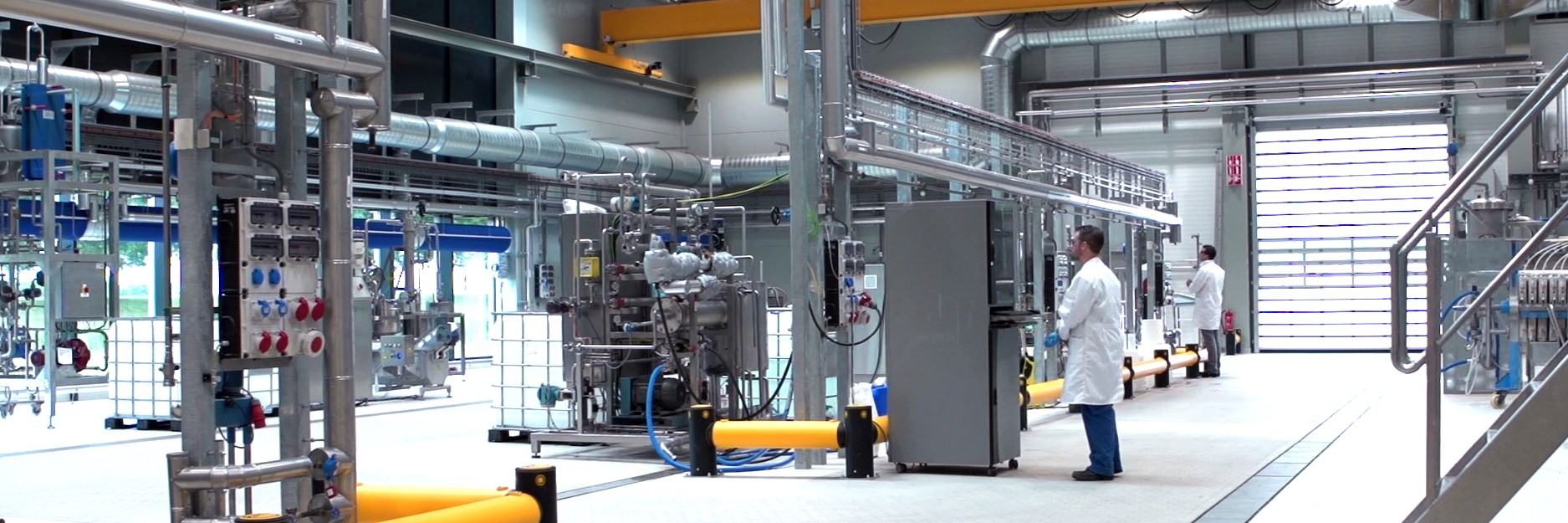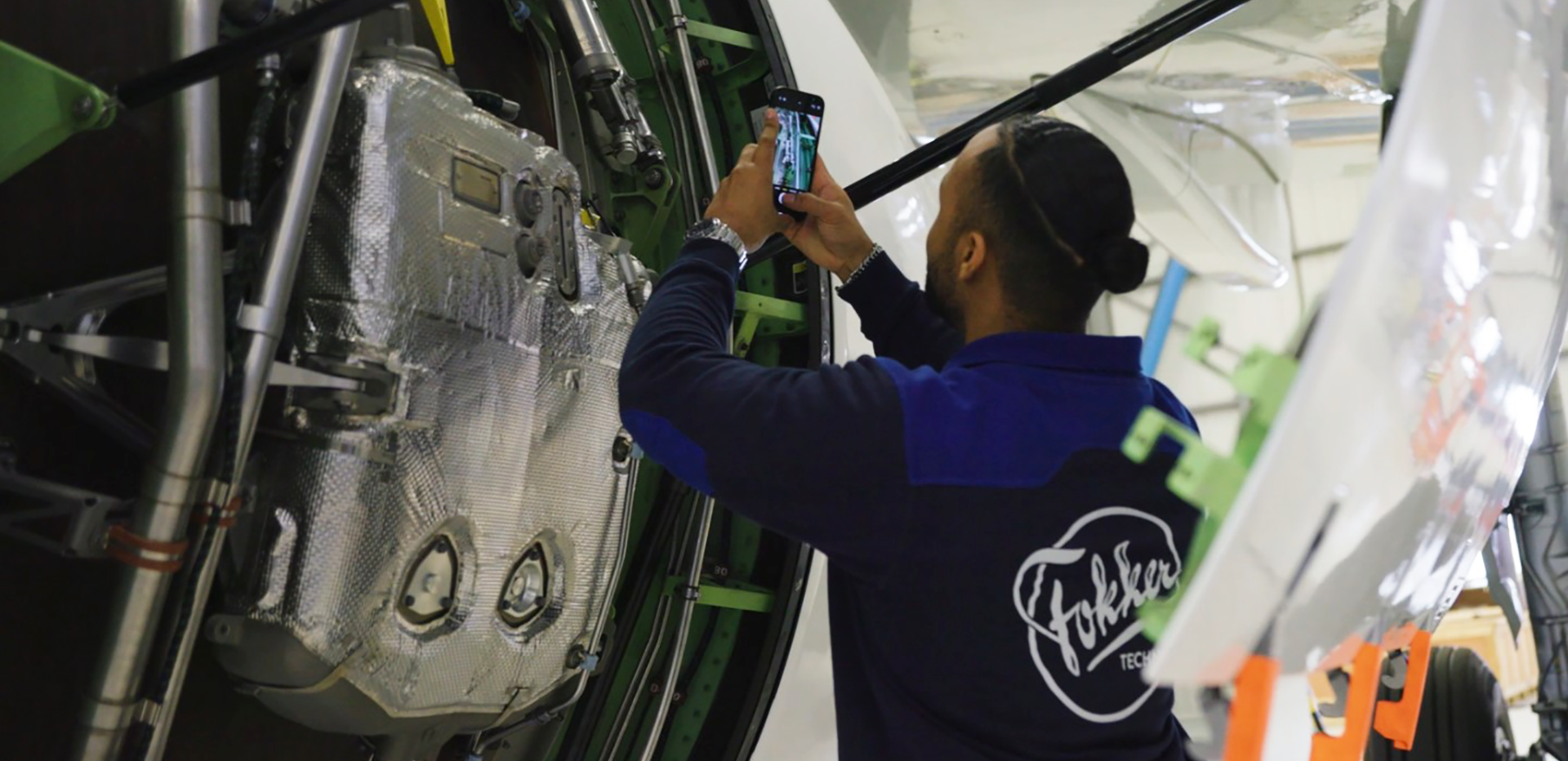How can we prevent the grey discolouration of our potato products in a more environmentally friendly way?
Chlorogenic acid occurs naturally in our potato products, which can react with iron and give our French fries a dull, grey colour. To prevent this discolouration, we spray our products with SAPP (Sodium Acid Pyrophosphate) during the production process. Most of this SAPP disappears into our drainage system and ends up in our wastewater, where a lot of energy and technology is used to remove it.
How can we counteract the grey discolouration of our potato products in a more environmentally friendly way? We are looking for a sustainable alternative for pyrophosphates, or a solution to reduce the use of or recover pyrophosphates.
About SAPP:
Disodium Pyrophosphate/ Sodium Acid Pyrophosphate (Na2H2P2O7) is an acidic mineral that reacts with iron, preventing iron from reacting with chlorogenic acid. The dissolved pyrophosphate irons encapsulate iron ions because they acidify the water. Temperature and pH can also affect the effectiveness of SAPP.
About the production process:
After leaving the blancher, the French fries are transported to the dryer, where the dewatering shaker separates the water from the fries.
After this, the product ends up on the SAPP & Sugar Shaker, where the SAPP & Sugar are applied to the fries by means of a spray frame (a series of tubes fitted with sprayers). Excess SAPP & Sugar falls from the shaking platform and is led to our water treatment system via the gutter. More than 50% of our phosphate load comes from this stream.
What are we looking for?
- A sustainable alternative to pyrophosphate (to prevent grey discolouration), OR;
- A solution to reduce the use of pyrophosphates, OR;
- A solution to recover pyrophosphates.
Possible solutions could involve:
- Reducing phosphate loss caused by the SAPP sprayer system;
- Reusing the SAPP stream;
- SAPP recovery for another application.
The presence of phosphate in our wastewater currently leads to high purification and discharge costs, and the costs to purchase SAPP are also set to increase in the future. We are looking for a cost-neutral solution.
What aren’t we looking for?
A solution that increases our environmental impact or any alternative that is no less harmful to the environment.
What’s in it for you?
- Opportunity to develop and test a prototype/pilot with us.
- Chance of a follow-up project, opportunity to scale up the pilot for all our sites worldwide, or a lasting partnership after a successful pilot
- LambWeston/Meijer is at the forefront of product innovation in its sector and has a regional and international network to which you can be introduced..
- On top of that, you can count on the support of and cooperation with creative, inspiring specialists who will challenge you to keep improving your product.
How can BioVoice benefit you?
An Innovation Contract. After concluding an innovation contract, you can get started with the development process. You’ll have access to:
- funding (€10,000 vouchers, to be spend in the regional ecosystem on, for example, lab- and demo-facilities, NDA or IP advice, etc.)
- (international) markets
- knowledge and partners
- resources and research facilities
- business and upscaling opportunities
- and: a launching customer!
Het BioVoice programma
BioVoice is an initiative of REWIN West-Brabant, Green Chemistry Campus, the joint Rabobanks of Southwest Netherlands and the province of North Brabant. Dockwize, Impuls Zeeland, Centre of Expertise Biobased Economy and Midpoint Brabant have also joined as implementation partners. Together, we want to give innovative entrepreneurs and up-and-coming biobased/circular talents the space and opportunities to develop and market their idea/product, so as to achieve our common goal: accelerating the transition to a sustainable economy. BioVoice is made possible by financial contributions from the Regional Deal for Central and Western Brabant, the Province of North Brabant, the Province of Zeeland and Rabobank.
Conditions for participation
Ability to start a pilot project within 3-6 months.
Your pitch (max 6 pagina’s / 18 slides)
- Concept description: Describe your concept in as much detail as possible.
- Pilot description: Please provide a brief description of what it will take to prototype and/or pilot and what you will need from us to do so.
- Team description: Provide a brief description of the company and team that plans to work on the pilot.
There are no formal requirements for the pitch (presentations, slide decks & letters are all allowed), apart from the fact that it must be uploaded as a PDF file (A4, landscape or portrait) with a max. size of 30MB. Videos, example websites and so on can be included as links.
Timeline
- 2nd March 2020: Challenge launches – open for entries
- 8th May 2020 – 17.00 uur: Challenge deadline – entries must be submitted before 5 am
- 15th May 2020 at the latest: Shortlist announcement – Announcement of which start-ups/scale-ups will be invited to introduce and explain their solution
- Week of 25th May or 1st of June: Digital introduction talks challengers/entrants + information sessions on IP and NDA’s
- September ‘20: Work sessions, during which challengers & entrants seek to conclude innovation contracts + voucher granting
- End of September 2020: Closing event – celebrating the innovation contracts and partnerships resulting from the challenge + voucher hand-outs
- June 2020: Start of development & partnership (pilot)
Questions?
If you have any questions about this challenge, please head to the contact options below. For more information about the challenge program, click here.
Background information
LambWeston/Meijer is a producer and worldwide supplier of frozen potato products such as fries, twisters, criscuts, dippers and potato flakes. We have 6 plants in Europe, with a total of 25 plants all over the world. For more information see: https://www.lambweston.eu
Zero waste is a key focus of our new 2030 sustainability strategy. In the coming years, we will focus on ensuring that as many of our byproducts as possible remain suitable for food applications. Reusing SAPP in a food application is one of the high-potential projects that we believe will help us rise up the Moerman ladder.



